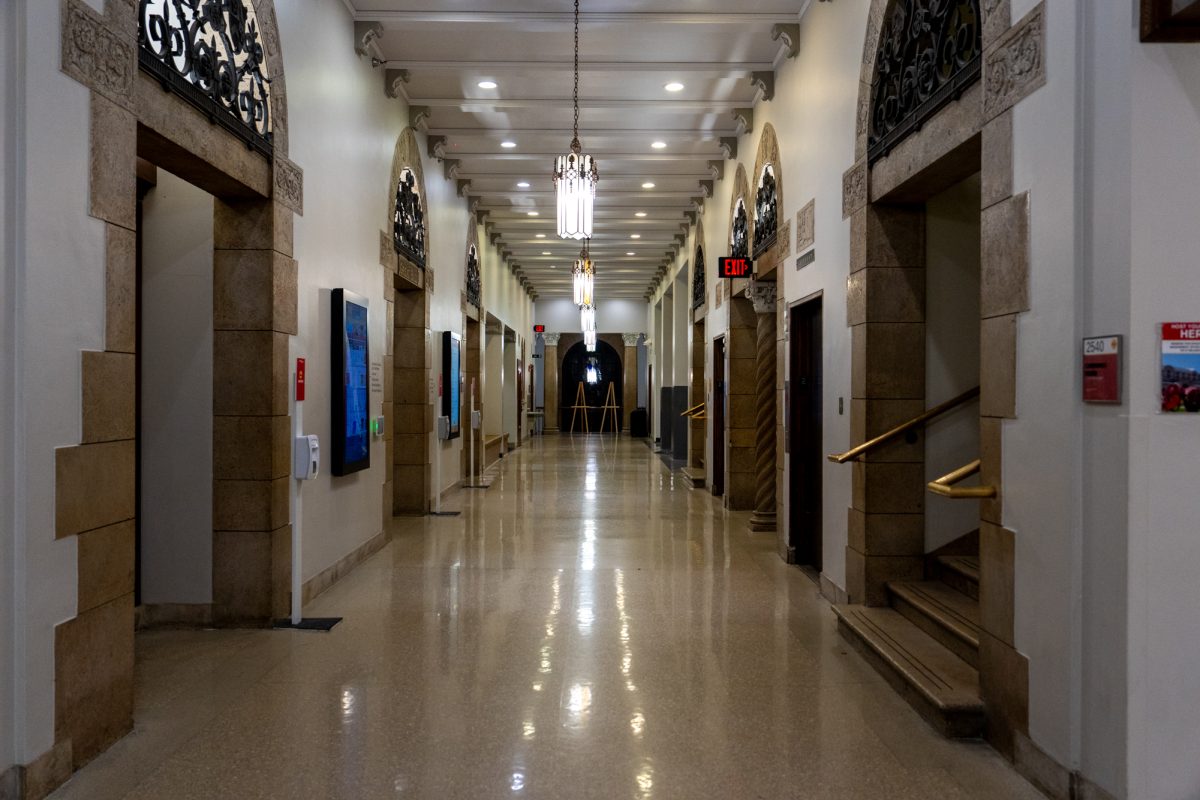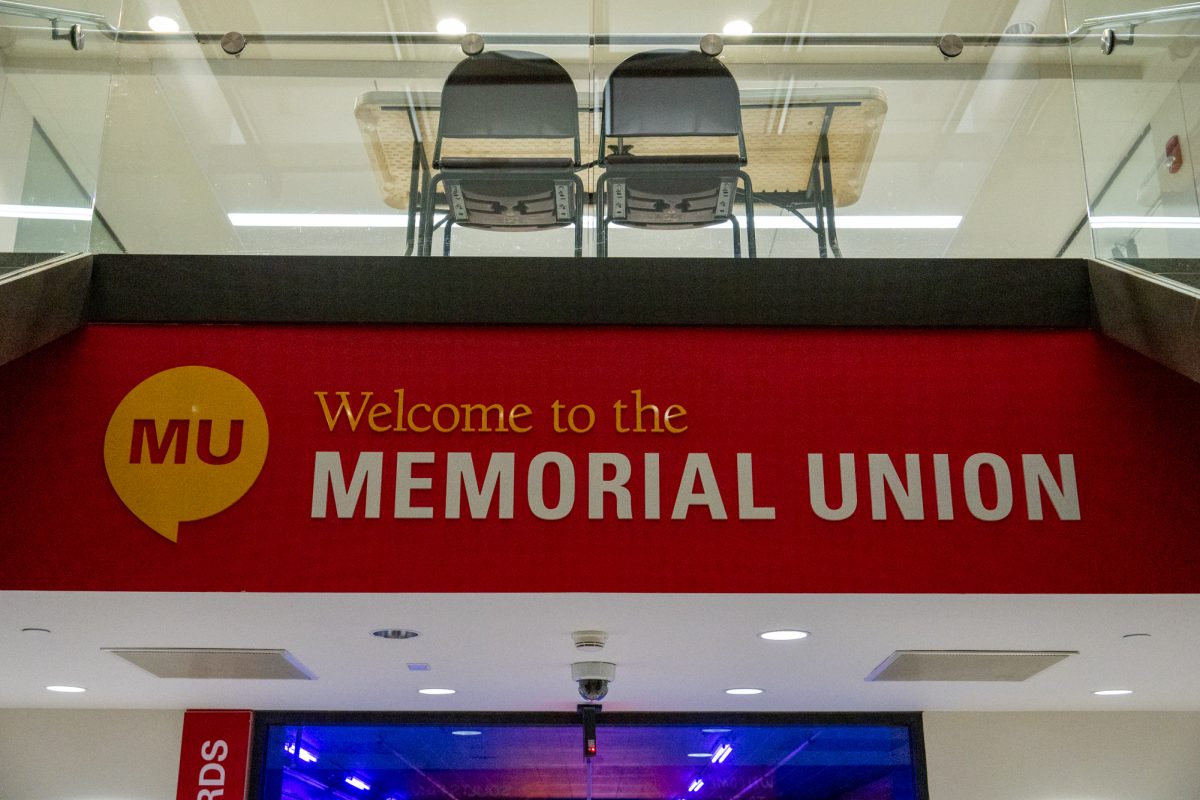Expressing yourself as an intelligible human
September 25, 1997
I abhor the bombardment of profundities amiss at this university. Nowhere can I venture without the arrogance of witty professors and the sophomoric declarations of students slapping me across the face; open-handed, of course.
And worse, I am forced into the ugly positions of humoring or patronizing. Either I nod and smile or disagree and offend.
These appear to be the only options for dealing with these nimble-witted, yet blind folks who are undoubtedly sure of their accuracy as they dismiss realistic ideas as erroneous or deviant.
Rational conversation is often sorely a rarity in my experience with people. Maybe I need to expand my realm of existence.
Granted, a professor is required to reveal her wisdom. Rather, it is her duty.
However, I refuse to be condescended to because of a Ph.D. or a desk at the front of the class. Condemning ideas to the worthless wastebasket without discussion is a sin, especially at a university.
I have known professors who have the chutzpah to do this such thing by way of handing out arbitrarily low grades, since the determination of student progress is weighed in grades, as an intellectual starting point and ogreishly evaluating if there is any movement forward.
Such evaluation is backward to me.
I propose that, because we are students at a university, we are first given the benefit of the doubt in being able to express ourselves as intelligible human beings, and it is when we fail that we should be instructed to consider other modes of thinking appropriate for the course of discussion.
Certainly I respect those instructors who maintain missions of encouraging thought, dissuading regurgitation of inapplicable information and teaching the infinitely important skill of listening.
So many people do not know what it is to listen.
And so we have churned out an infinite supply of monkey suits from this pot of follow-the-leader stew where the broth consists of clones and the rational beings are the infinitesimal quantity of peas.
Yet, when we exit the sphere of university life, even though it may be filled with one-upmanship, we can look back and be thankful that those monkey suits at least have skills.
Numerous are the times when I have attempted to converse with those who have never experienced or at the bare minimum endeavored augmentation in their manner of thinking.
Also, people who ground their existence in blind faith are equally as discouraging as those who are positive they have the cornerstone on enlightenment.
It is quite frustrating to scrape myself from the platter of education and be thrust into the disposal of “I have just explicitly explained my idea to you and you do not understand.”
Even more baffling is the acceptance of foolhearty thinking by people who have a clue.
This past summer, I wrote for a newspaper and the day one of my stories came out, a woman I had interviewed called me.
Because of an utterance that is so unfortunate it would be nice to not have the expression in language, the woman had received threatening phone calls.
She said, “I don’t want to be prejudiced, but…”
She called and asked the paper to bail her out of her mistake by printing a clarification. And horrible as it may be, the paper did, much to my disgust.
Everywhere you go, there will always be authorities who will forever belittle you and others who follow the code that states “confusion is a way of life.”
Communication is thus what ties us all together.
It is so from those who are sure they have the answer to everything to others who base their ideas from their limited life experiences.
If communication were only more of an emphasis, then relating to people would be a more rewarding, entertaining and even pleasurable quest.
Kathleen Carlson is a senior in journalism and mass communication and international studies from Cedar Rapids.






